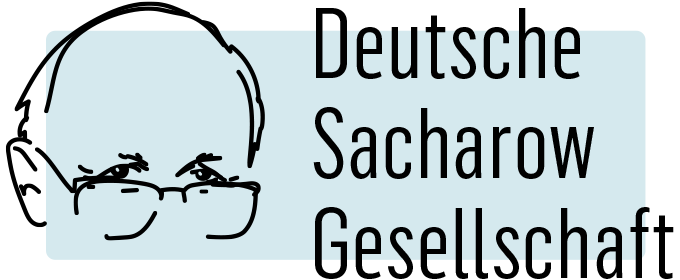On November 23-24 the international conference «The Country and the World: Russian Realities-2023» will take place in Berlin, following on from the «Russian Realities» conferences held by the Sakharov Centre in Moscow in 2018-2022. Since 2023, the conference has become an international event, with researchers and human rights activists from different countries taking part.
The purpose of the conference is to provide an overview of the situation in and around Russia in the context of Russia’s war against Ukraine. We will talk about the transformation of the political regime and its ideology, the state of Russian society, repression and war crimes, the new wave of emigration, international politics and economics.
The conference will be broadcast on YouTube. The working languages will be Russian and English with simultaneous translation.
Programme director: Sergey Lukashevsky.
Programme curator: Boris Grozovsky.
Technical and organizational support: Daria Basaman, Ruslan Dzhan, Nora Erdmann, Ilya Figlin, Vera Ryklina, Andrei Samokhotkin.
Day 1
Session 1
Evolution of the political regime during the war
10.00-12.00
Political outcomes of 2023. Putin is preparing for a long war - will the Russian political system be able to withstand it? Has Putin become a lame duck? Are influential siloviki beginning to prepare for different scenarios of ‟post-Putin” politics? The Prigozhin rebellion, regional power companies - are we entering a period of a new ‟redistribution of the cake”?
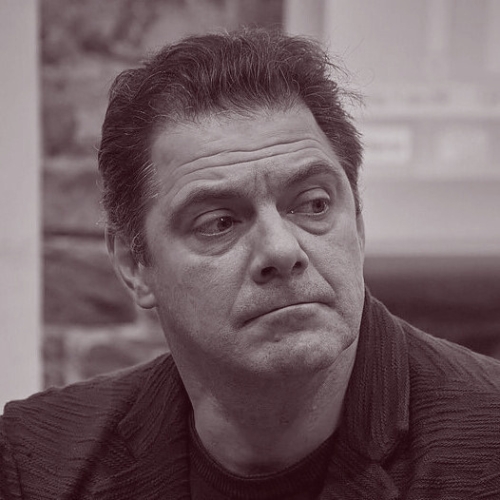
Kirill Rogov
Political scientist, director of the Re:Russia project
Four myths about Russia: why you shouldn't look at Russia through Vladimir Putin's eyes
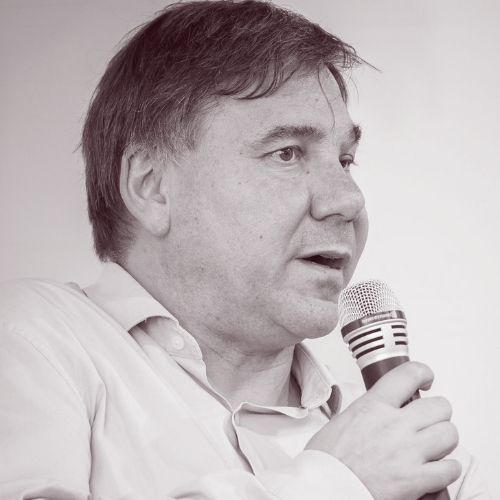
Ivan Krastev
Chairman of the Centre for Liberal Strategies (Sofia), senior researcher at the Vienna Institute for the Humanities (Vienna), member of the European Council on Foreign Relations
The Russian regime seen from outside
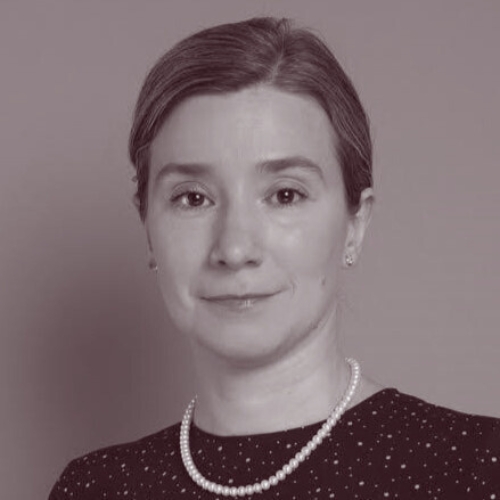
Ekaterina Shulman
Visiting Fellow at the Carnegie Berlin Centre for Russian and Eurasian Studies
Russia's ruling class in a state of emergency: one year later
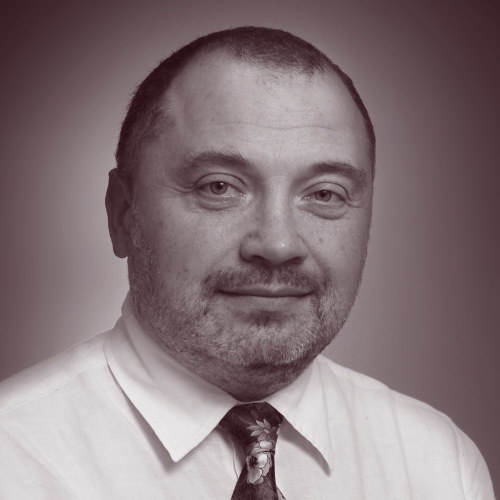
Nikolai Petrov
Head of the Centre for Political and Geographical Studies, Visiting Fellow at the Foundation for Science and Politics in Berlin
Putin's Nomenklatura System and its Functioning. War as modus operandi
Session 2
Repression and human rights
12.30-13.30
Russia is committing war crimes and crimes against human rights on the territory of Ukraine, in the occupied territories and on the territory of the Russian Federation, where it is taking Ukrainians. And in Russia itself, protests against the war and dictatorship have been criminalized since the war began, and criminal pressure on the opposition has increased dramatically. Is there any prospect of an international investigation into these crimes?
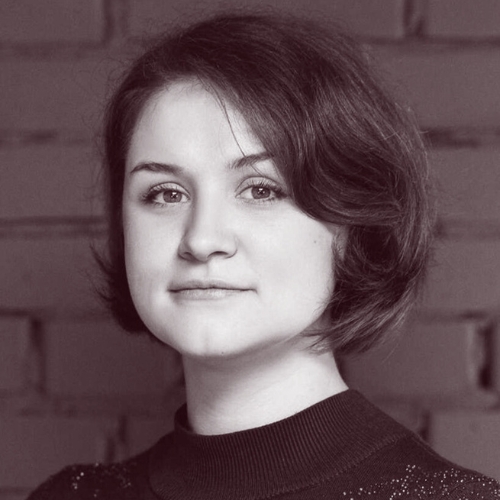
Oleksandra Romantseva
Human Rights Activist, Executive Director of the Centre for Civil Liberties, Nobel Peace Prize Laureate (Ukraine)
Overview of international crimes committed on the territory of Ukraine as a result of the aggression of the Russian Federation
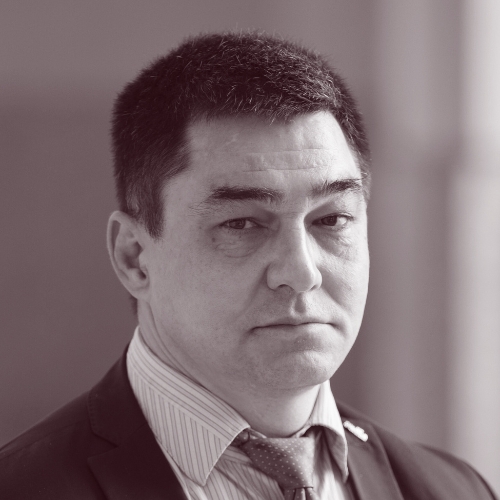
Sergei Davidis
Head of the independent human rights project ‟Support for Political Prisoners Memorial”
Political repression in Russia as an instrument of state control over society
Session 3
Anti-War Russia in Emigration
14.30-16.00
In 2022-2023 about 800 thousand people left Russia. Do people who found themselves in different countries of the world manage to re-socialise? Do they participate in the politics of their countries and of Russia? Can and will emigration have a significant impact on events in Russia?
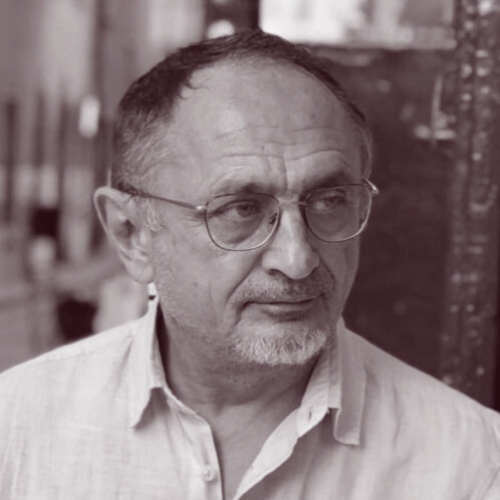
Alexander Morozov
Lecturer at the Faculty of Philosophy, Charles University (Prague)
The political significance of emigration. Results of the discussion in 2022-2023
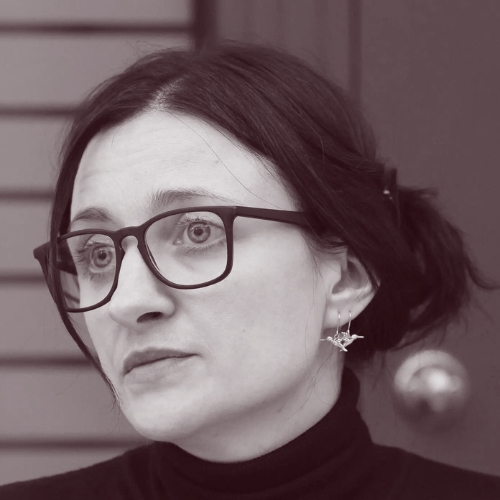
Inna Berezkina
Programme Coordinator of the School of Civic Education, Guest Editor of Sapere Online
By Helping Others We are Helping Ourselves: Reinventing Civics In the Times Of War
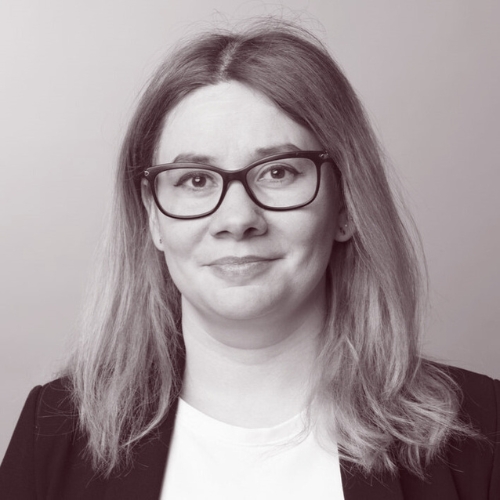
Margarita Zavadskaya
Political scientist, sociologist, researcher at the Finnish Institute of International Relations, participant in the OutRush project
Donating to Democracy? Patterns of Supporting Civil Society Initiatives among Russian Exiles
Session 4
The Ideology of Putin's Regime after the Start of the Invasion of Ukraine
16.30-18.00
Does ideology play a significant role in Putin's justification of the war with Ukraine, or is its role insignificant and the authorities are only interested in ‟official patriotism”? What is the nature of Putin's ideology: is it imperialism? Is it fascism? Why has historical revanchism gained such power over the Russian elites?
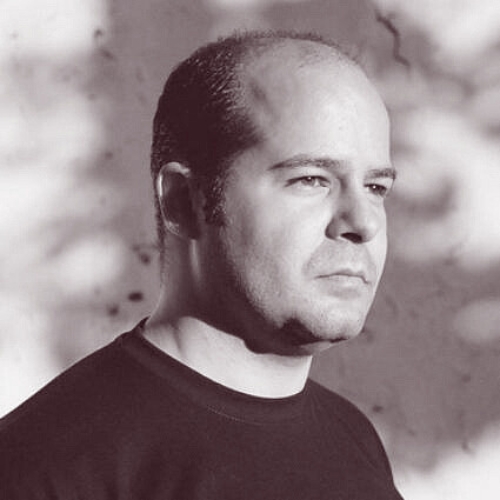
Ilya Budraitskis
Historian, journalist, political philosopher
Two levels of Putin's ideology: the road from cynicism to messianism and back again
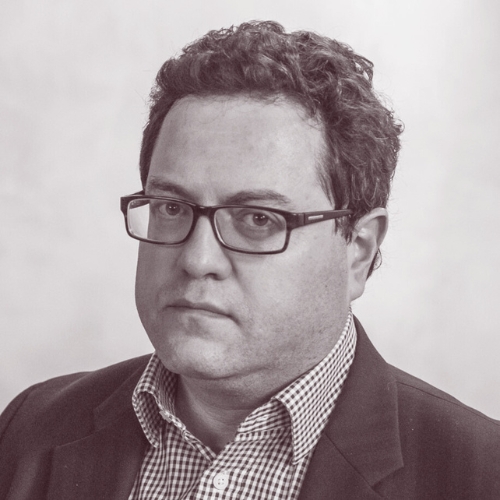
Arkady Ostrovsky
Columnist for The Economist
Imitation as ideology
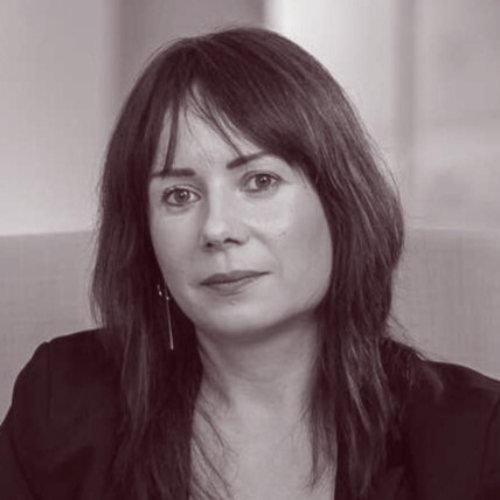
Maria Domanska
Senior researcher at the Centre for Eastern Studies (OSW, Warsaw)
Putin's neo-totalitarian project: between state ideology and systemic violence
Day 2
Session 5
World politics
9.30-11.00
A coalition of Western countries has moved quickly and decisively to support Ukraine against Russian aggression. But will the allies have the resolve to sustain Ukraine if this war is protracted? And how will non-aligned or Russia-supporting countries behave in the future?

Sabine Fischer
Senior Fellow, Research Group on Eastern Europe and Eurasia, Stiftung Wissenschaft und Politik (SWP)
Domestic reasons for Russia's aggression against Ukraine
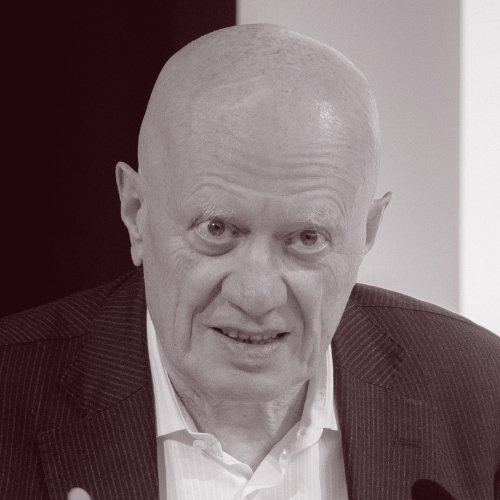
Ralf Fücks
Director of the Centre for Liberal Modernity
Russia's war against Ukraine: A moment of truth for Europe
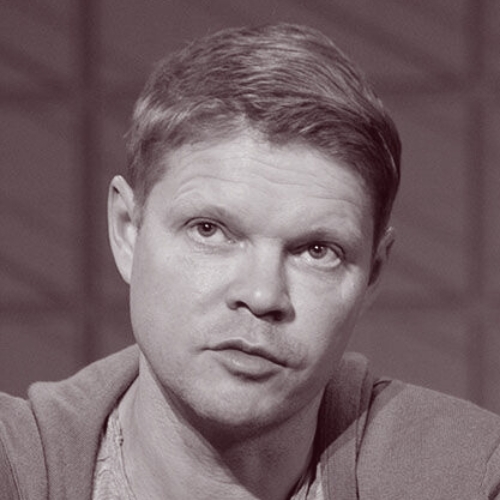
Alexander Baunov
Senior Fellow at the Carnegie Centre for Russian and Eurasian Studies in Berlin
War and peace strategy
Session 6
World politics
11.30-12.30
A coalition of Western countries has moved quickly and decisively to support Ukraine against Russian aggression. But will the allies have the resolve to sustain Ukraine if this war is protracted? And how will non-aligned or Russia-supporting countries behave in the future?
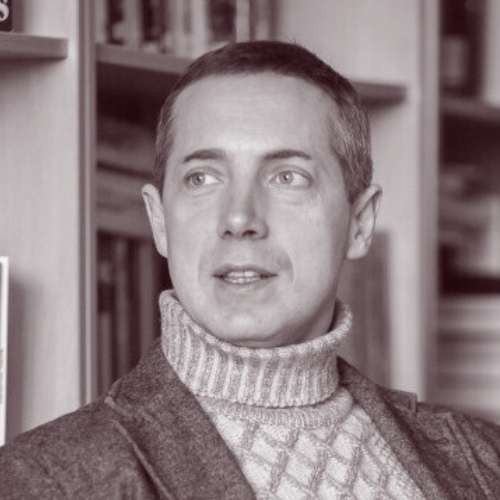
Mikhail Minakov
Philosopher, Head of the Ukrainian Research Programme at the Kennan Institute
Militarisation as a Zeitgeist. European societies and states in times of war
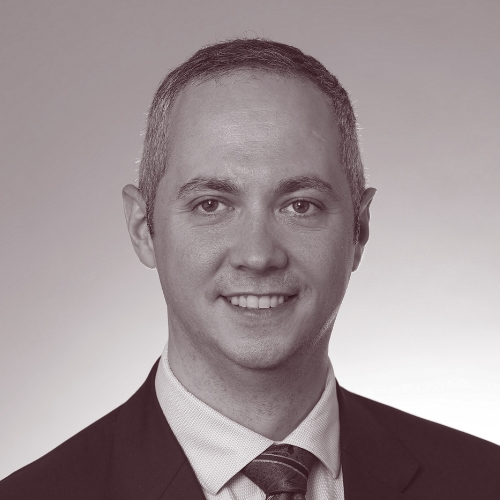
Alexander Gabuev
Director, Carnegie Berlin Centre for Russian and Eurasian Studies
Russia in the context of China's confrontation with the West
Session 7
What do we know about the mood of the Russians?
13.45-15.15
Opinion polls show that Russians support the actions of Putin's regime in Ukraine. At the same time, many would like to see an end to the war, and the dynamics of recruitment of contract workers do not show large numbers of people ready to rise up ‟to fight the West in Ukraine”. What is the real mood of the Russians? What do they think about the war and how do they justify it?
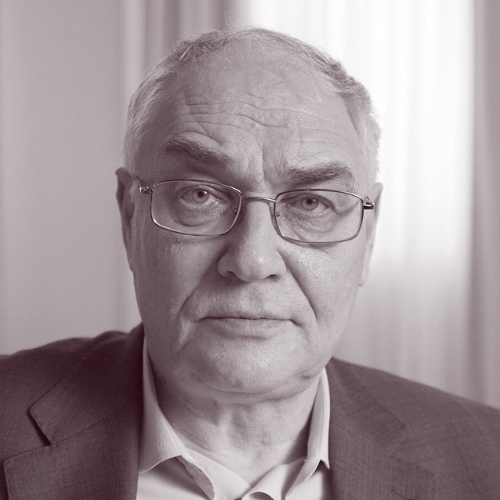
Lev Gudkov
Deputy Director, Research Director of the Levada Centre
The War and the Collective Identity
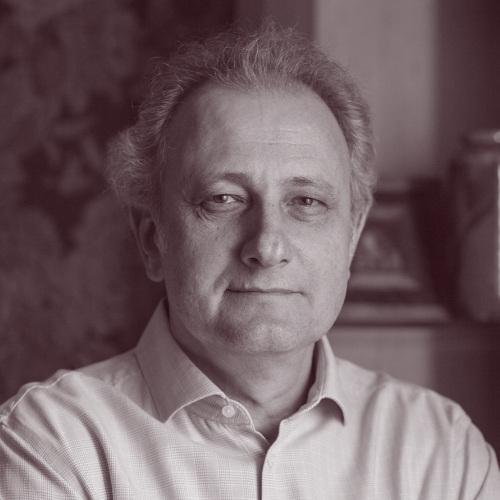
Andrei Kolesnikov
Senior Research Fellow, Carnegie Berlin Centre for Russian and Eurasian Studies
A semi-mobilised society in a hybrid totalitarian regime
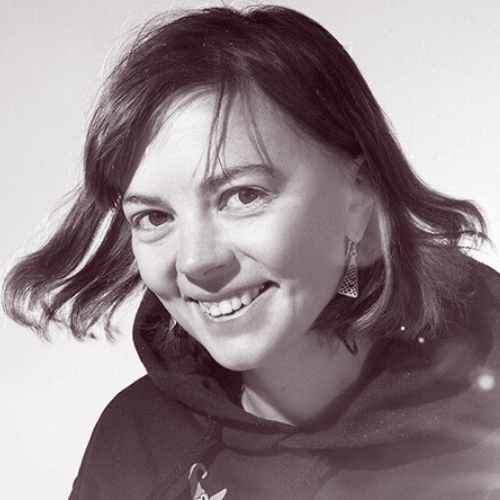
Svetlana Erpyleva
Humboldt Fellow at the Research Centre for Eastern European Studies at the University of Bremen, member of the Public Sociology Laboratory and the Centre for Independent Sociological Research
Coming to terms with the inevitable: how Russians justify the war in Ukraine
Session 8
War economy
15.45-18.15
Despite unprecedented sanctions, Russia has avoided a sharp economic downturn. It has also managed to adapt to restrictions on imports of technological products: some technologies are supplied by third countries and some by countries friendly to Russia. But will Russia be able to significantly increase arms production and fight a long war?
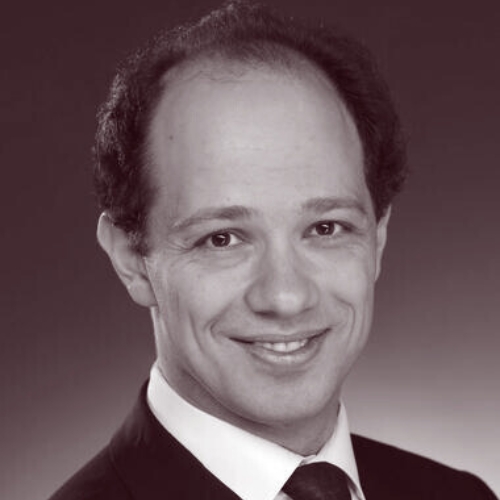
Alexander Libman
Professor of Russian and East European Politics at the Free University of Berlin
Russia's economic isolation: what's next?
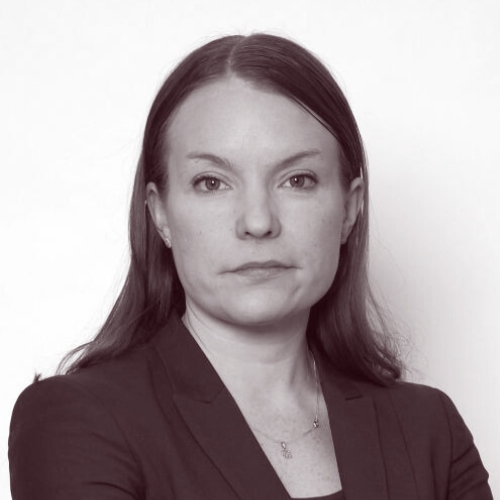
Heli Simola
Senior Economist at the Bank of Finland Institute for Emerging Economies (BOFIT)
Effects of the sanctions on the Russian economy
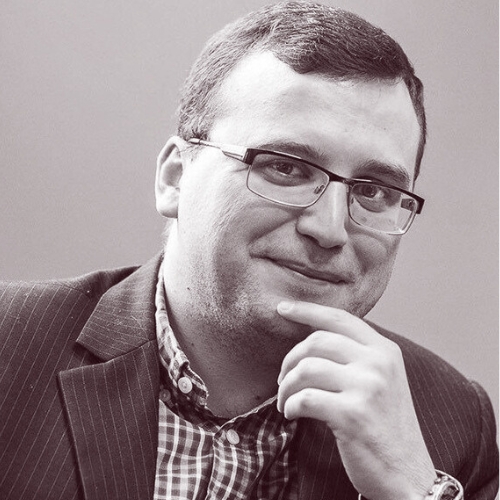
Pavel Luzin
Military Policy Researcher, Visiting Fellow at the Fletcher School of Law and Diplomacy, Tufts University, Senior Fellow at the Jamestown Foundation
The Russian Military Industrial Complex: Production, Costs, Bottlenecks and Prospects
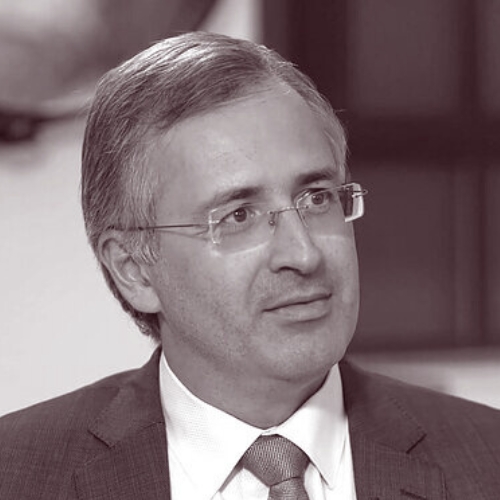
Sergei Guriev
Professor of Economics and Provost, Sciences Po (Paris)
Putin's economic policy before and after 2022
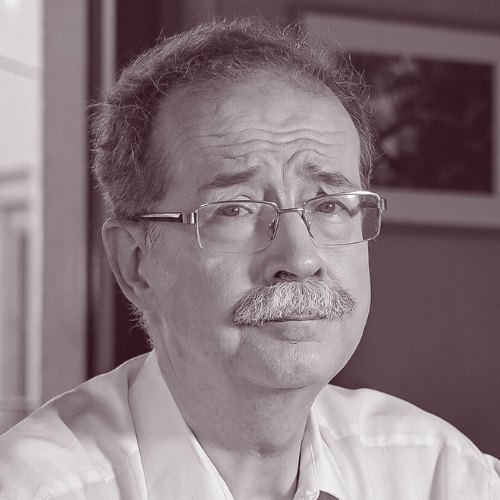
Andrey Yakovlev
Associate researcher at the Davis Centre at Harvard and a research fellow at the Hanse-Wissenschaftskolleg
The state and prospects of the Russian economy (from the position of economic agents)
Registration
Registration is closed
Registration for the conference «The Country and the World: Russian Realities-2023» is closed. If you did not have time to register, we invite you to watch the English-language recording on our Youtube channel, which will be published after the conference.
Youtube channel «The Country and the World»

